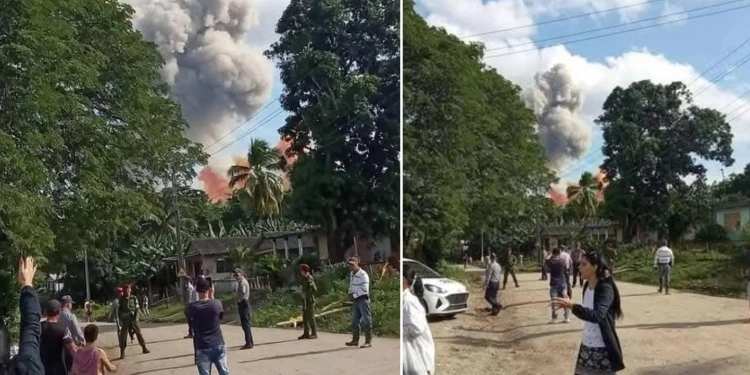The National Bank for Economic and Social Development (BNDES), together with the Financier of Studies and Projects (Finep), launched this Tuesday (7) a public call aimed at promoting business plans aimed at transforming minerals considered strategies for the energy transition and decarbonization. Proposals can be submitted between January 13th and April 30th. The results will be released on June 12th. The objective is to develop chains of minerals such as lithium, rare earths, nickel, graphite and silicon, in addition to mobilizing investments for the manufacture of battery cells, photovoltaic cells and permanent magnets, among other components.
With a budget of R$5 billion, BNDES and Finep will invest both in production capacity and in research and innovation. The initiative involves lines of credit, equity participation in companies and non-refundable resources. The support will cover industrial-scale plants and also pilot or demonstration plants that integrate ongoing studies with a view to enabling new industrial capabilities. “This call could leverage investments in the coming years in a volume of five to ten times the available budget”, records a statement released by BNDES.
The exploration of strategic minerals is considered necessary to ensure the energy transition, as they are essential for the manufacture of parts and equipment associated with the idea of green energy. For example, there is demand for silicon for photovoltaic panels used in solar energy generation and for nickel and lithium for battery production. They are also called critical minerals, given that their current availability is limited, although exploration has been gradually increasing.
The president of BNDES, Aloizio Mercadante, in a statement cited in the institution’s statement, stated that there will be access to the best financing options available for industries in Brazil. “The call represents an important advance within the mineral sector towards achieving the Brazilian government’s objectives of expanding the industry’s productive capacity in the context of sustainable and technological development of the new industrial policy and the ecological transformation plan”, he added.
Favorable conditions
Brazil has been identified as one of the countries that can boost international production. In Brazilian territory there is the largest reserve of niobium, the second largest of natural graphite and the third largest of nickel. The country is currently responsible for the fifth largest production of lithium and third largest production of silicon. This scenario, in addition to placing Brazil in the position of exporter, gives it favorable conditions to develop its wind and solar generation capabilities and its automotive market, already involved in an electrification process that will demand increasingly more battery cells and other components.
The exploitation of these minerals, however, has been linked to the creation of new areas of conflict according to a study released last year by the Political, Economy, Mining, Environment and Society Research and Extension Group (Poemas), to which researchers from different scientific institutions are linked, such as the federal universities of Juiz de Fora (UFJF), Fluminense (UFF) and Viçosa (UFV ). They identified 348 occurrences of rights violations in 249 locations, from 2020 to 2023.
At least 101 thousand people would have been affected. According to the study, small rural landowners are 23.9% of victims of rights violations. Workers represent 12.1% and indigenous people 9.8%. Poemas researchers argue that the energy transition cannot be understood as a simple replacement of technological bases and energy sources. For them, measures are necessary to curb the expansion of environmental conflicts.















